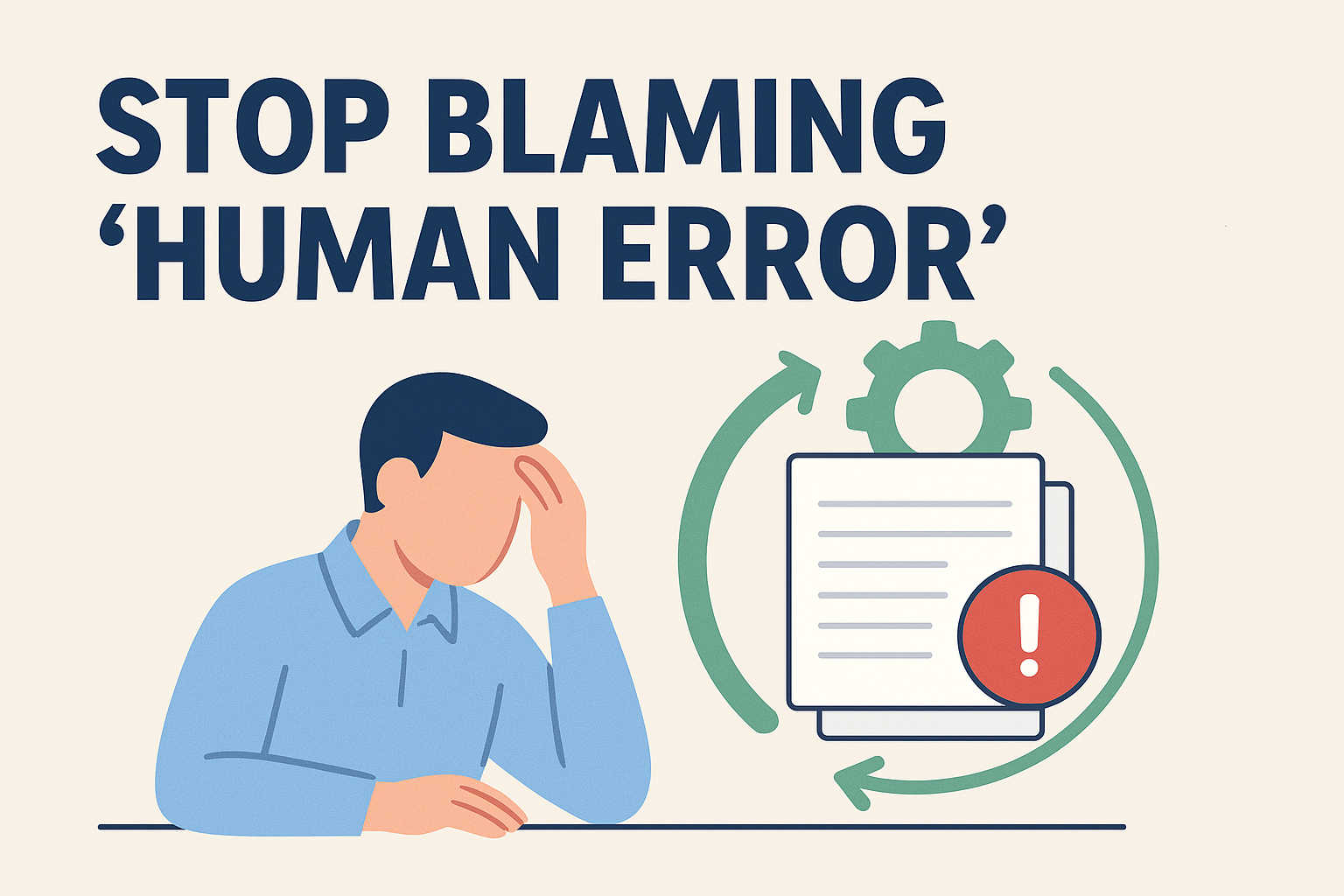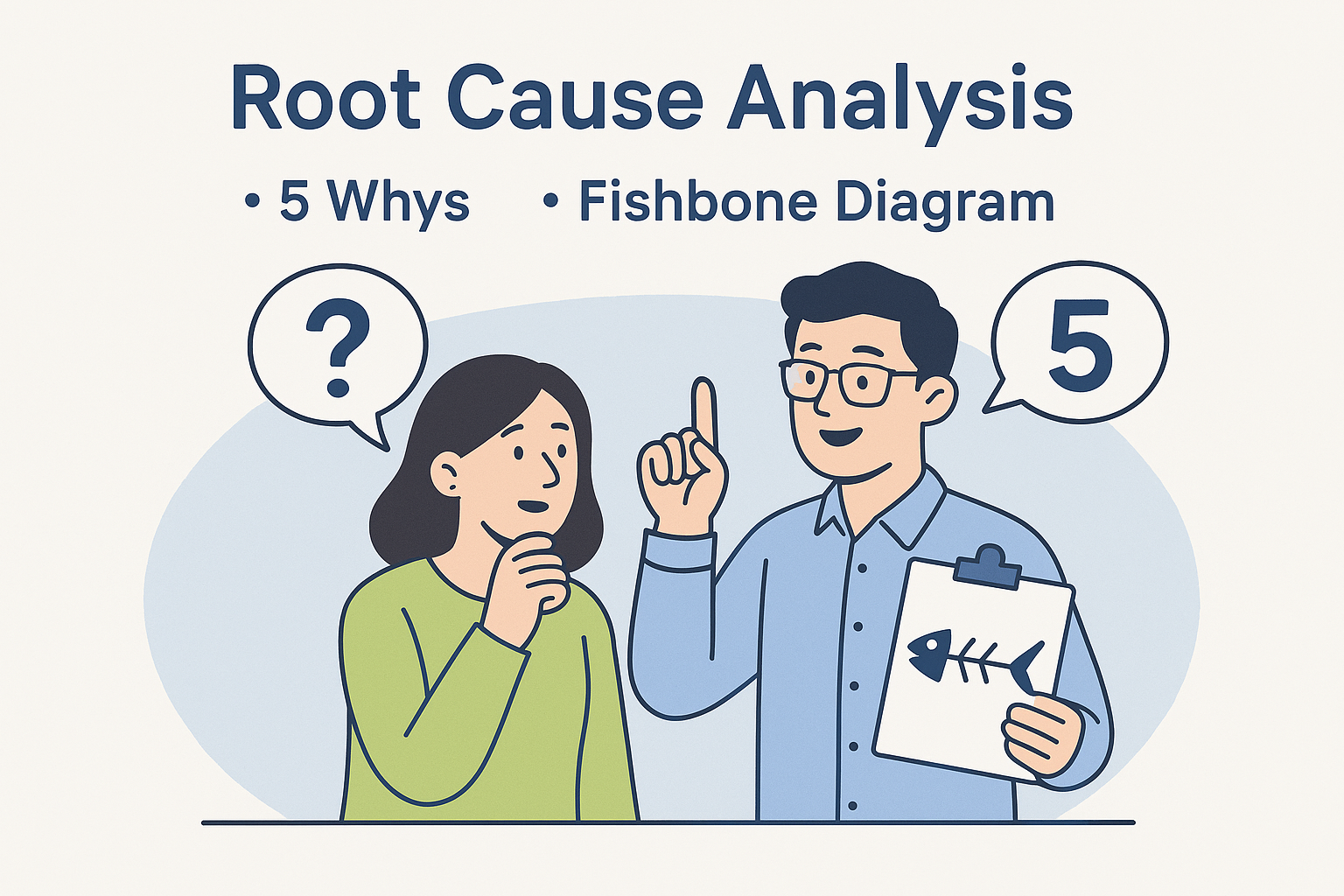Mohamad-Ali Salloum is a Pharmacist and science writer. He loves simplifying science to the general public and healthcare students through words and illustrations. When he's not working, you can usually find him in the gym, reading a book, or learning a new skill.
Unlocking the Future of Medicine: An In-Depth Exploration of Pharmacogenomics
Share
Understanding Pharmacogenomics:
The world of pharmacology is continually evolving, and one of the most exciting frontiers is Pharmacogenomics. Usually, we treat patients based on their clinical characteristics. But with pharmacogenomics, we take into consideration the genetic variability of drug metabolism and response within each person. This allows us to exactly treat what the patient is suffering from, and at the same time reduce some of the unwanted side effects in some cases.
What are the implications of PG in Pharmacy Practice?
1. Individualized Treatment Plans:
Warfarin, an anticoagulant, poses challenges due to its narrow therapeutic window. Pharmacogenomic testing can identify variations in genes like CYP2C9 and VKORC1, influencing an individual's response to warfarin. This genetic insight enables healthcare professionals to determine the most effective and safe dosage for each patient, reducing the risk of bleeding or clotting events.
2. Prevention of Adverse Reactions:
By identifying genetic factors that may contribute to adverse drug reactions, pharmacogenomics helps prevent unnecessary complications, enhancing patient safety. This proactive approach aligns with the core principle of pharmacy practice: first, do no harm.
3. Optimizing Drug Selection:
Understanding a patient's genetic profile enables pharmacists to choose medications with the highest likelihood of efficacy. This approach reduces the need for trial-and-error approaches, streamlining the medication selection process and enhancing overall patient care. This is important, especially in the time-sensitive cases of cancer patients where they require the most effective treatment as soon as possible to counteract the cancer invasion.
Challenges and Future Directions:
While the promise of Pharmacogenomics is undeniable, there are some challenges that stops it from being used as frequently as it should be such as:
- Cost,
- Accessibility,
- Need for the broader genetic databases.
I listed below some of the examples to help you understand how PharmacoGenomics can contribute to better management of the patient’s disease.
1. Warfarin Dosing:
Warfarin, an anticoagulant, poses challenges due to its narrow therapeutic window. Pharmacogenomic testing can identify variations in genes like CYP2C9 and VKORC1, influencing an individual's response to warfarin. This genetic insight enables healthcare professionals to determine the most effective and safe dosage for each patient, reducing the risk of bleeding or clotting events.
2. Clopidogrel Metabolism:
Clopidogrel, an antiplatelet medication, requires activation by the enzyme CYP2C19. Genetic variations in the CYP2C19 gene can lead to reduced drug activation, affecting the drug's effectiveness in preventing blood clots. Pharmacogenomic testing empowers clinicians to make informed decisions about alternative antiplatelet medications for individuals with specific genetic profiles, optimizing cardiovascular care.
3. Codeine Metabolism:
Codeine, an opioid analgesic, undergoes metabolism to its active form through the enzyme CYP2D6. Some individuals possess genetic variations that result in poor metabolism of codeine, leading to inadequate pain relief. Pharmacogenomics can identify patients who may require alternative pain management strategies, preventing ineffective treatment and potential adverse reactions.
4. Allopurinol and HLA-B Gene:
Allopurinol, used in the management of gout, is associated with a potentially severe adverse reaction known as Stevens-Johnson Syndrome (SJS). The risk of developing SJS is significantly increased in individuals with a specific variant of the HLA-B gene. Pharmacogenomic testing can identify patients at higher risk, allowing healthcare providers to consider alternative gout medications to minimize the risk of this life-threatening reaction.
Conclusion:
The journey into Pharmacogenomics is an ongoing exploration, and your role as future pharmacists is pivotal. With each step, you are not just studying pharmacology; you are becoming architects of a healthcare future that truly puts the patient at the center. Embrace the possibilities, navigate the challenges, and let the principles of Pharmacogenomics guide your path toward a future where the right drug, for the right patient, at the right time becomes more than a mantra—it becomes a reality.
References:
1. Johnson JA. Pharmacogenetics: potential for individualized drug therapy through genetics. Trends Genet. 2003;19(11):660-666.
2. Relling MV, Evans WE. Pharmacogenomics in the clinic. Nature. 2015;526(7573):343-350.
3. Scott SA, Sangkuhl K, Gardner EE, et al. Clinical Pharmacogenetics Implementation Consortium guidelines for CYP2C19 genotype and clopidogrel therapy: 2013 update. Clin Pharmacol Ther. 2013;94(3):317-323.
4. Stanek EJ, Sanders CL, Taber KA, et al. Adoption of pharmacogenomic testing by US physicians: results of a nationwide survey. Clin Pharmacol Ther. 2012;91(3):450-458.
List of Services
ABOUT THE AUTHOR
Mohamad-Ali Salloum, PharmD
Share
Recent articles:





















